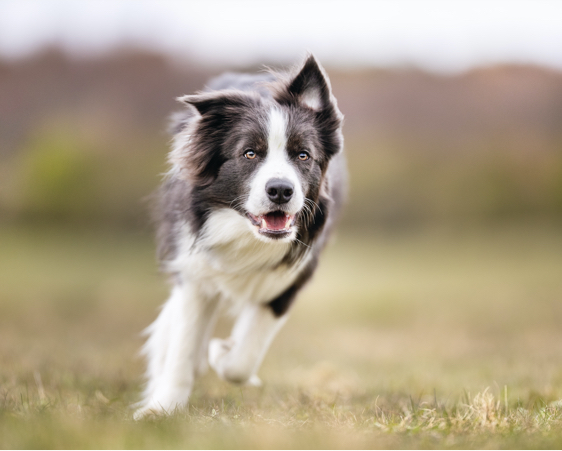Many pet owners wonder about the hazards of feeding eggshells and raw eggs to their pets. The Easter season, when eggs take on the added symbolism of being gifts, is the perfect time to get to know a little more about one of nature’s “perfect foods.”
There is evidence to support eggshells as an excellent source of calcium and protein for your pet. For strong bones and teeth, crush the eggshells and sprinkle about a half teaspoon into your pet’s regular kibble. Want to help your pet build muscle, strengthen its hair and nails, and repair tissue? A hardboiled egg a day may just help keep the groomer and the vet away.
Although research does not point to eggshells as a source of salmonella poisoning in cats and dogs, if it is a concern, you can boil the shells first — allowing them to dry thoroughly — and then crush the shells in a coffee grinder, food processor, or with a mortar and pestle. This method also makes it easier to store the crushed shell in bulk, rather than perform the task daily, since there will be need to worry about the shell being damp and prone to mold. The crushed shell can then be stored in an airtight bowl or jar for the week.
Another simpler method is to store the shells in a baggy or bowl in your refrigerator until you are ready to crush them for use.
Raw eggs, on the other hand, are not generally recommended for cats and dogs. While there have not been health scares involving raw eggs and transmission of any major illness to domesticated animals, it is still better to be safe. Raw eggs do not impart any significant health benefit, and may only cause problems — issues of which are nullified by cooking the egg.

